In this episode, Richard talks to Eamon Moore, who has built and sold an MSP business, set up a business intelligence company Hikari Data Solutions, won Microsoft’s Partner of the Year award, and serves as an advisory council member for Digital Business Ireland.
They talk about how Eamon set up EMIT straight after university, his early experiences in the industry and how being flexible enabled him to partner successfully with Microsoft and Dell.
They also discuss the power of partnerships and collaboration, how and why MSPs should approach others in their industry, and how to work and partner with another MSP on cloud-based projects. Eamon also tells Richard about his plan to bring artificial intelligence machine learning to the music industry.
An Interview with Eamon Moore 
Who is Eamon Moore?
Eamon Moore has been in the technology industry since 1995, building and selling his own managed service provider (MSP) business before setting up a business intelligence company, as well as serving as an advisory council member for Digital Business Ireland.
He attended Dublin City University, where he studied computer applications, although he’d already been working for Irish company CSK Software from the age of 15. This gave him a lot of business experience as well as an understanding of the industry.
Previous students on the same course had been headhunted for great tech jobs before they’d even graduated, but the dot com bubble bursting meant that those opportunities weren’t available to Eamon’s year. Rather than leaving the industry, he set up EMIT after graduation.
How EMIT Approached Vendor Relationships
EMIT had grown into an MSP that was not reliant on hardware and could embrace cloud technologies, which led to partnerships with Microsoft and Dell and winning Partner of the Year at Microsoft’s own industry event.
Eamon explains that at the beginning they had around 20 partnerships with vendors but decided to consolidate these into only a few, finding companies able to provide the range of support EMIT’s clients required.
He adds, “From a technical point of view, we had more focus…. and we were able to focus our attention on our partners. It provided clarity for our customers, who knew who the partners were, as Dell and Microsoft are household names.”
Business Intelligence from Hikari
After leaving EMIT, Eamon set up Hikari Data Solutions, where he and his team worked on building a Power BI (business intelligence) platform. They engage with their customers to provide bespoke business intelligence data analytics, in a way that best meets their needs.
They have also built products to provide dashboards to legal and accountancy firms to manage their customer and business information. Their realignment strategy enabled them to expand out to power platforms, and, since the COVID pandemic, they’re seeing an increased demand for automating processes and workflows.
Why Partner Collaboration is the Future of Managed Services
MSPs need to consider how and where they fit into a vendor’s portfolio. While it’s good to be a Microsoft Ideal Partner, MSPs should narrow down to identify their specialty and how they add value for their customers. They can then make sure they have a well-qualified team to provide that.
Eamon says that no business can be everything to everyone, so MSP owners need to look for partners who can offer the other solutions that their customers want and who have the right skill set to provide them.
Another advantage of partnering is that it allows you to scale your business. Many MSPs struggle to work out how to grow their company, but by forming the right kind of collaborations, they can provide a wider range of solutions to customers but still guarantee expert services.
To find out more about collaborating watch this webinar – How to build strong MSP alliances
How MSPs can Encourage Customers to Adopt Cloud Solutions
Eamon says that one of the big concerns for MSPs is security and ensuring that they have the technology in place to support the customer’s expectations and deliver accordingly.
Automation helps by managing the basics, so MSPs can then focus on selling cloud solutions to their clients. It’s important to explain that cloud solutions can save customers money as they don’t need to worry about maintenance costs.
To help customers make the move to cloud solutions, MSPs also need to understand exactly what their needs are as an organisation and match up the right solutions so they see the outcomes they want. If an MSP doesn’t have the expertise required, they should partner with companies who are experts in security.
Mentioned in this episode
- Emit Solutions
- The “Godfather” of CRM, Jon Ferrara
- Nimble CRM
- Microsoft Inspire Conference
- Microsoft Power BI
Connect with Eamon Moore
- Hikari Digital Solutions
- Connect with Eamon Moore on LinkedIn
- Follow @EamonMoore on Twitter
Connect with me
- Subscribe to TubbTalk RSS feed
- Subscribe, rate and review TubbTalk in iTunes
- Subscribe, rate and review TubbTalk on Stitcher Radio
- Subscribe and rate TubbTalk on Spotify
- Follow TubbTalk on iHeartRadio
- Follow @tubblog on Twitter




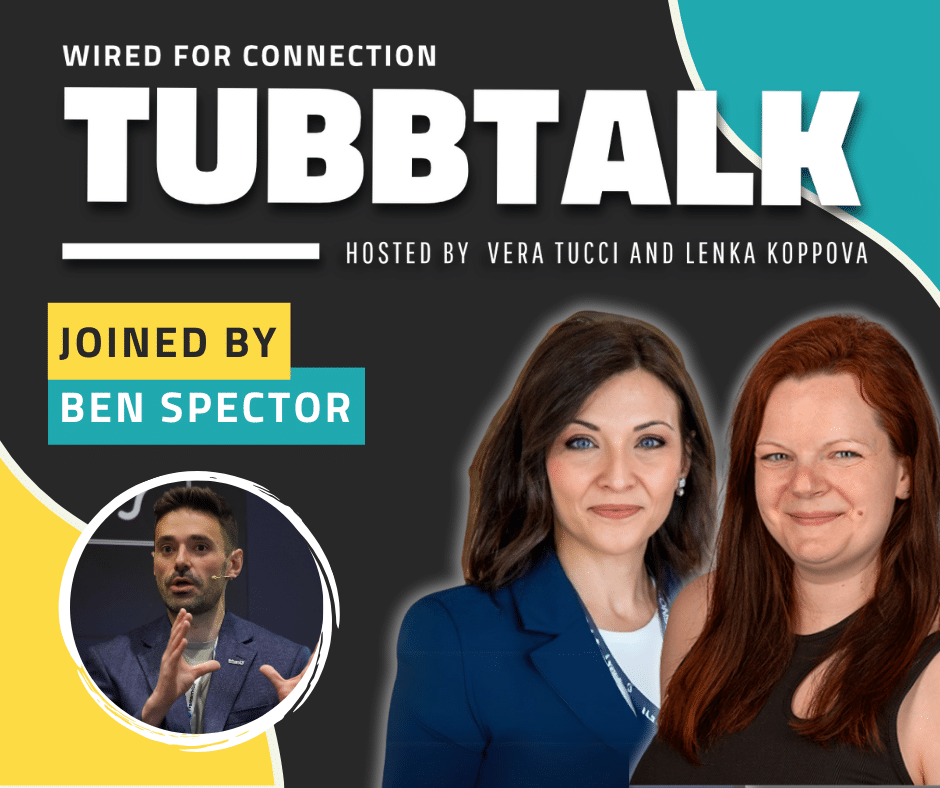



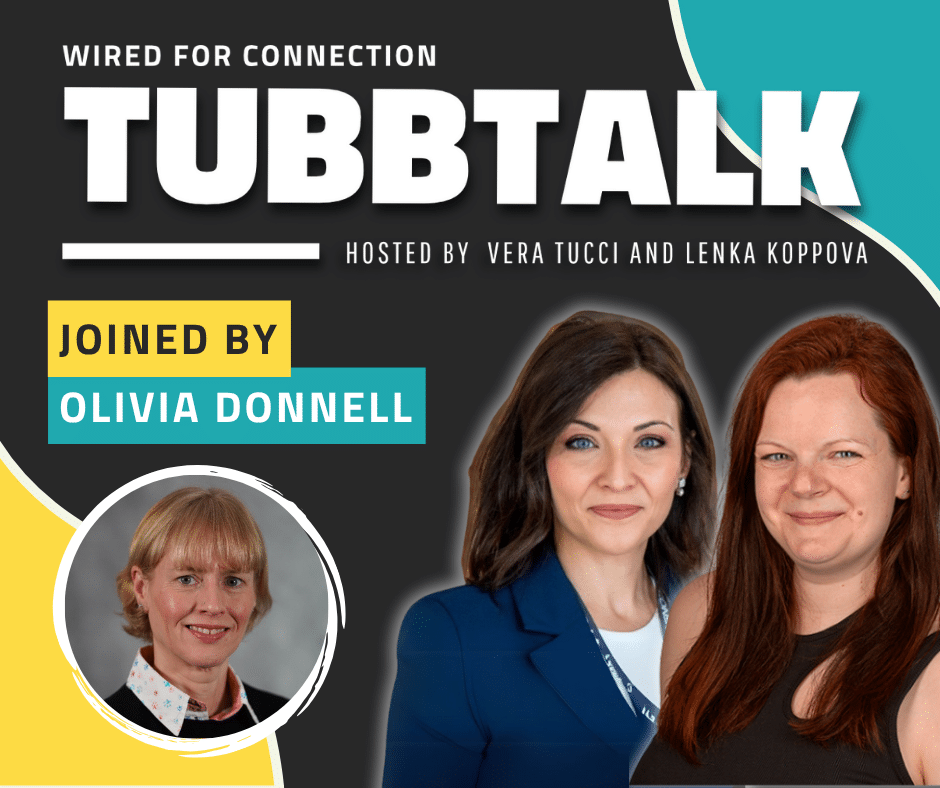
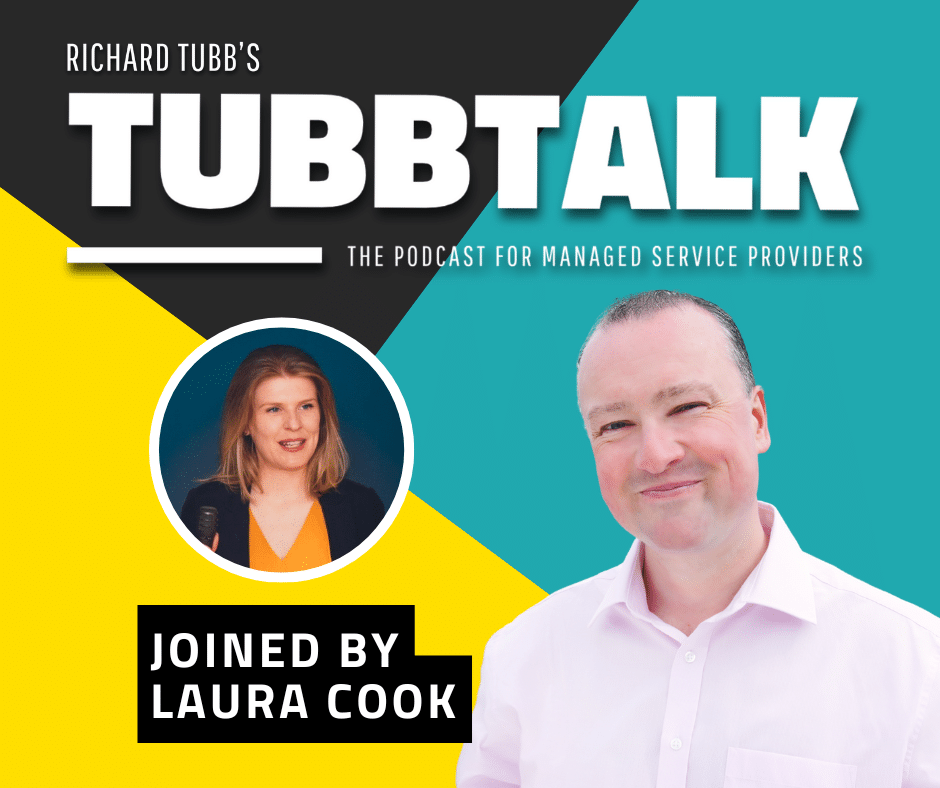

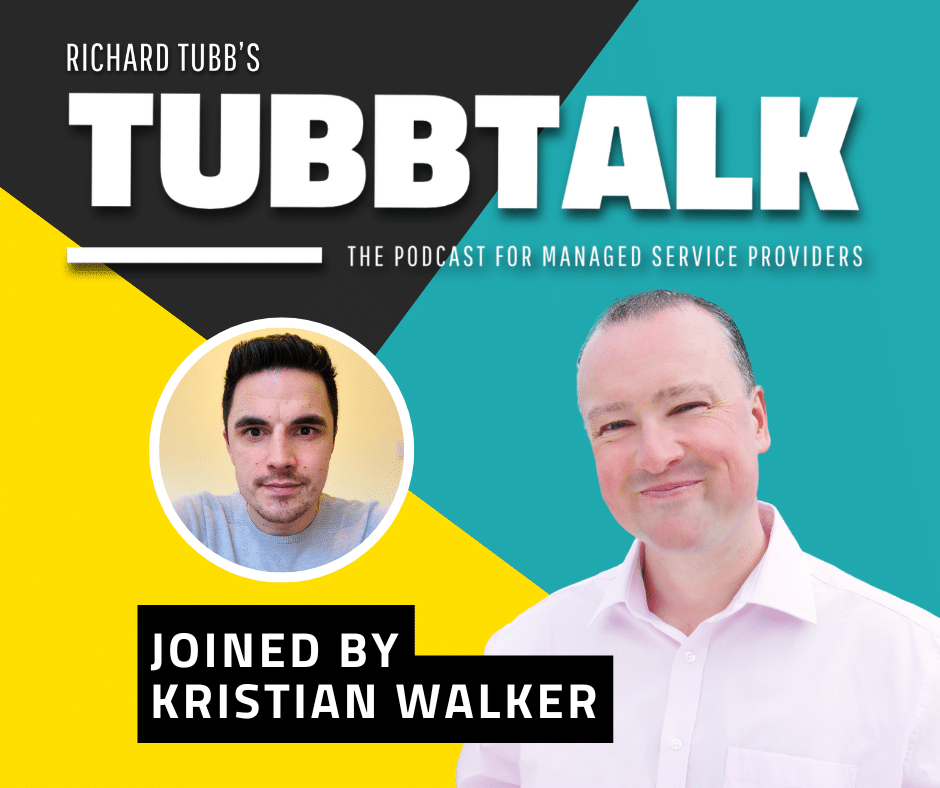
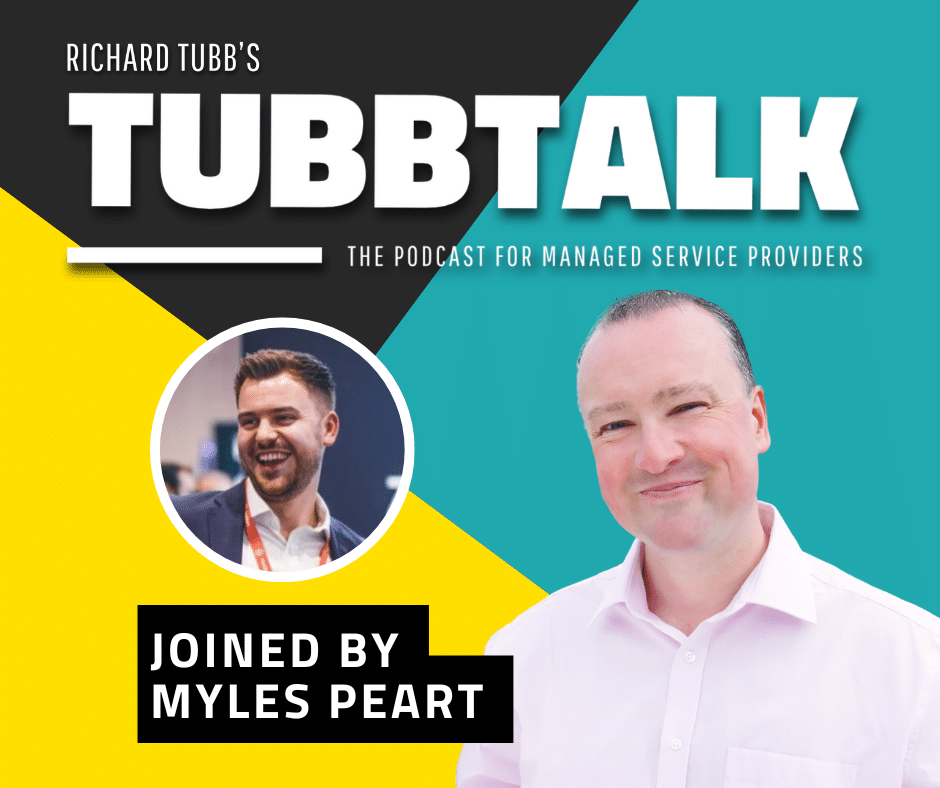


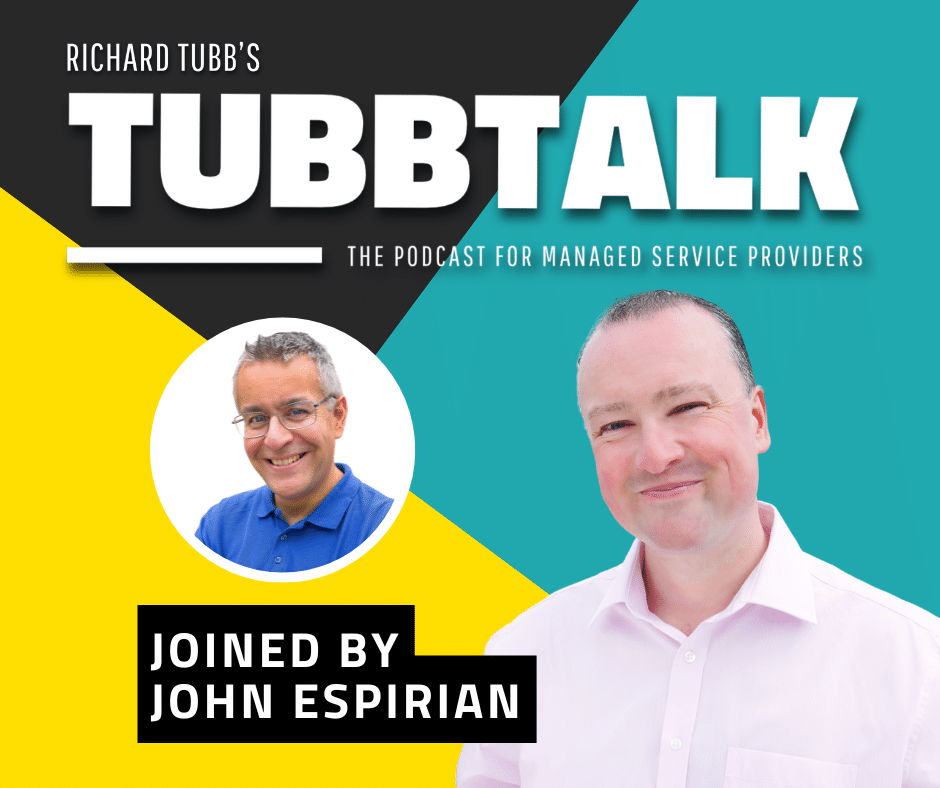

Comments